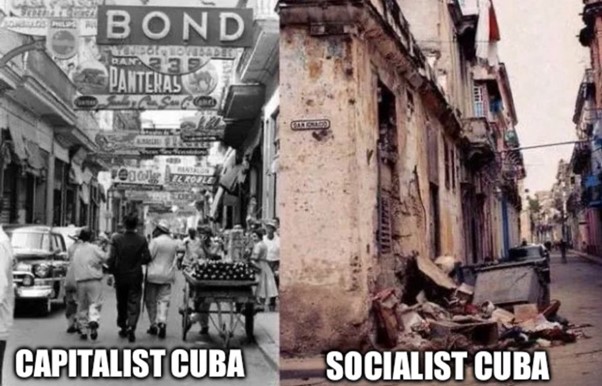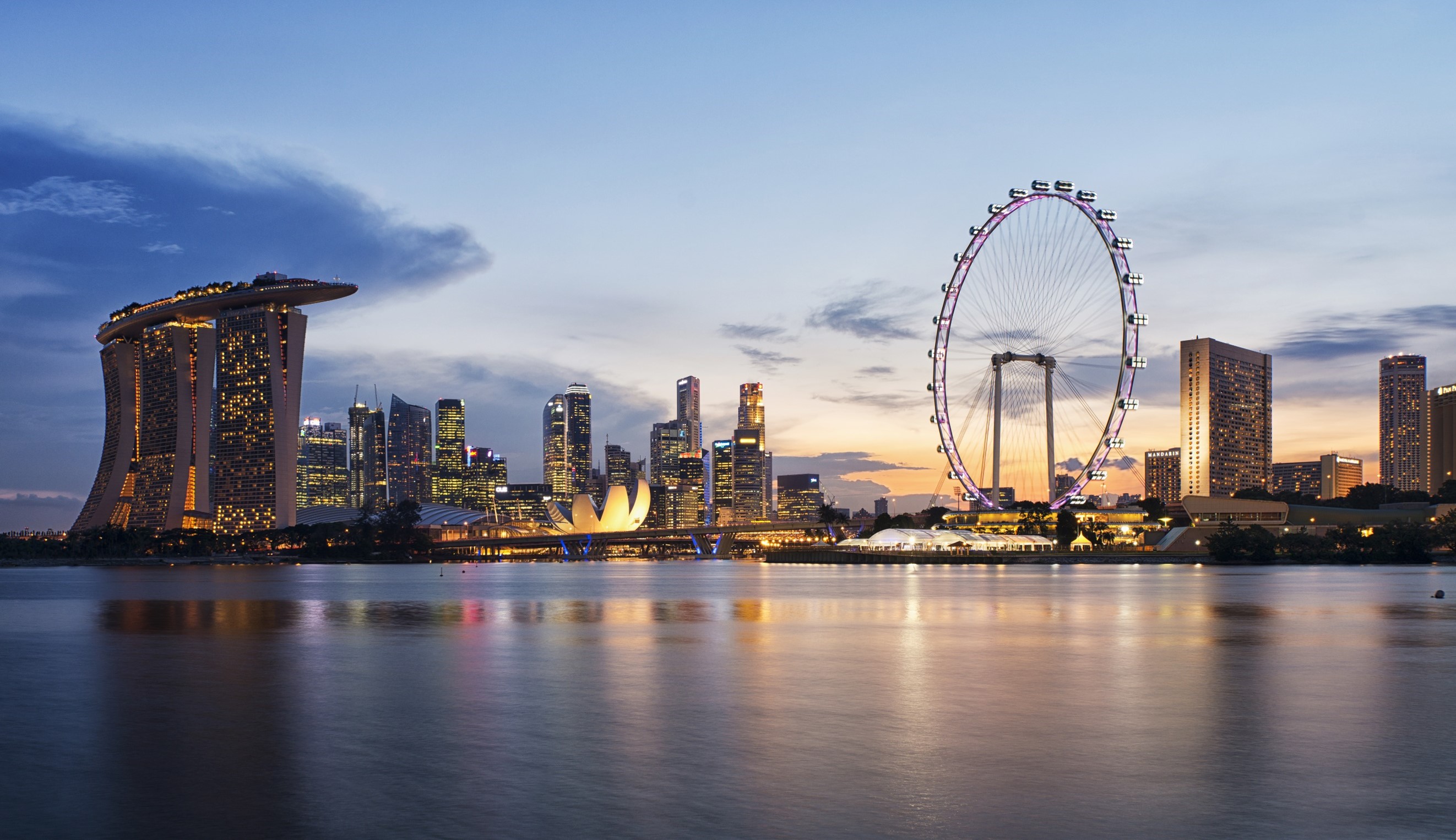
What’s the most important thing you can offer to your kids?
A belief that they can achieve anything they put their mind and best efforts into.
Opportunity to flourish.
The same goes for an economy and a country.
Right now, the loudest voices in politics are coming from the Left. We see some young people embrace socialism. But they have no experience of the horrors of it themselves.

Source: Michael A. Arouet / X
The tale of Cuba is well-known. A resource-rich country, it came to believe that social justice was a political choice. Not a consequence of economic development.
Let us conclude Cuba’s heartbreaking story.
Since the 1960s, GDP per capita has risen at only around 1% per year. This includes subsidies from other countries, and transfers from Cubans living in the US. Some 2 million people have emigrated. Despite its fertile land, the country imports two-thirds of its food.
When the USSR subsidy ended in the early 1990s, GDP fell by a third, and there were severe food shortages. This October, the power grid collapsed.
We see aspects of this theme today.
Is social justice a political choice in New Zealand…or is it actually a consequence of economic development?
This November, we saw a protest that shut down parliament. This was over the first reading of the Treaty Principles Bill.
My interest with government policy is simple. Will this allow everyone to prosper and flourish?
One thing we do know is this. Those countries that ensure equality for all, incentivise business formation, and have light government tend to do best.
For example, consider the top high-income small nations of the world in comparison:

The racial equality score is taken from Berkeley’s Inclusiveness Index. The other numbers from The Heritage Foundation’s Index of Economic Freedom. *Luxembourg’s government appears disproportionately large due to its small population size (669,000).
These nations all have some degree of racial diversity. Levels of diversity are increasing with immigration.
Article 152 of the Singapore Constitution recognises the special position of Malays as the indigenous people of Singapore, as well as the government’s responsibility ‘to protect, safeguard, support, foster and promote their political, educational, religious, economic, social and cultural interests and the Malay language.’
Yet specific policies that give preference by ancestry, threatening equality, appear to have ended with Singapore’s independence from Malaysia in 1965. Today, the country strives to be a meritocracy.

Singapore at sunset, viewed from Gardens by the Bay. Source: Wikimedia Commons
My travel to Singapore and Switzerland do not show me that race relations are perfect. But the prosperity in these particular countries, across all ethnicities, is so evident that racial concerns aren’t highlighted.
So, perhaps the question we should ask of the New Zealand bill is this: Will it enhance equality and prosperity for all over the long run?
The bill is nothing especially new. Attempts to codify (or remove) principles of the Treaty have been going on since the 1970s. I suspect the drawing of political lines is holding back the real conversation.
Relatively speaking, race relations in New Zealand are very good. Like most Kiwis, I enjoy relationships with people from many different cultures. My life is much richer for that.
The real risk is this. Socialism and communism have a history of stressing division to take economic control.
It does not matter whether that division runs across race, income, or wealth. They will find a way to take from those who work hard to build their capital. In the end, diminishing economic returns for everyone.
Then the state becomes the chief arbiter to prevent squabbling over the diminished resources.
You soon become Cuba with dairy.
Who wins in the end? Those who control and are close to the state. The more productive citizens leave.
The real conversation we should be having is this: How can we incentivise people to be productive?
That means creating opportunity
The high-income small countries above also have tax-free thresholds. For example, you can generate up to about $20,000 with effectively no tax.
For someone looking to start out in a new business, this is incentivising.
Then once they have that business running, a low company tax incentivises reinvestment into growth.
Of course, this only becomes possible by reducing the size of government. And taxing areas that you don’t want to incentivise — for example, consumption — as opposed to investment.
It also means defunding state initiatives that are not politically neutral or do not generate net economic benefit. Why fund propagandist media?
Equality for all, regardless of ancestry, is important to economic development.
Social justice goes beyond a political choice. It is the consequence of economic development. And that means ensuring the settings are right for all to flourish.
Would you like to support Wealth Morning and gain access to our premium wealth reports for Kiwi investors?

When you join our premium news, you’ll also enjoy a special discount on our wholesale managed accounts to build wealth in the global markets.
Regards,
Simon Angelo
Editor, Wealth Morning
(This article is the author’s personal opinion and commentary only. Wealth Morning offers Managed Account Services for Wholesale or Eligible investors as defined in the Financial Markets Conduct Act 2013.)
The post Social Justice vs. Economic Development appeared first on Global Opportunities Beyond the Radar.




